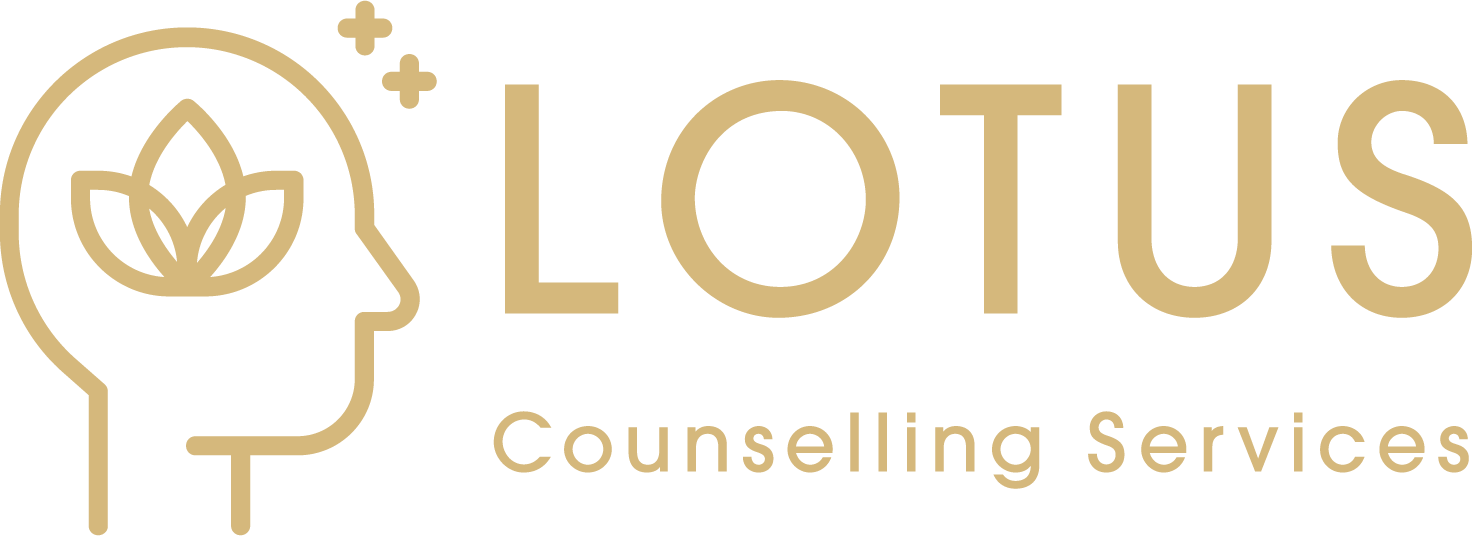Autism vs ADHD - Differences, Causes & Treatment in Ontario
Autism and Attention Deficit Hyperactivity Disorder (ADHD) are two distinct neurodevelopmental conditions that can significantly impact the lives of individuals and their families.
While they share some similarities, it's essential to understand the differences, causes, and available treatments for each condition.
In this article, we will explore the difference between Autism and ADHD, their potential causes, and treatment options available in Ontario. Additionally, we will highlight the role of Lotus Counselling Services in providing support and guidance to individuals and families dealing with these conditions.
Autism vs ADHD: Key Differences
Autism and ADHD are both neurodevelopmental disorders, but they manifest differently and have distinct diagnostic criteria:
| Autism | ADHD | |
|---|---|---|
| 1. Core Symptoms | Challenges in social communication and behavior, repetitive behaviors, intense interests. Difficulty in understanding social cues and preference for routines. | Symptoms of inattention, hyperactivity, and impulsivity. Difficulty staying focused, following instructions, and sitting still for extended periods. |
| 2. Symptoms | Typically noticeable in early childhood, often before age three. A lifelong condition with varying severity. | Symptoms can appear in childhood but may become more apparent in school-age years. |
| 3. Diagnostic Criteria | Diagnosed based on DSM-5 criteria, including deficits in social communication, interaction, and presence of restricted and repetitive behaviors. | Diagnosis involves assessing symptoms related to inattention, hyperactivity, and impulsivity. Three subtypes: predominantly inattentive, predominantly hyperactive-impulsive, and combined presentation. |
| 4. Co-existing Conditions | Coexisting conditions can include intellectual disabilities, sensory sensitivities, language delays, anxiety, and depression. | ADHD can co-occur with conditions like learning disabilities, mood disorders, and oppositional defiant disorder. |
What Causes Autism?
The exact causes of autism and ADHD are not fully understood, but research suggests a combination of genetic, environmental, and neurological factors play a role.
Genetic Factors: There is a strong genetic component to autism. People who have a familial background of autism have an increased likelihood of developing the condition.
Environmental Factors: Prenatal and early-life exposures, such as maternal infections during pregnancy or exposure to certain chemicals, may contribute to the development of autism.
Neurological Factors: Abnormal brain development and connectivity have been observed in individuals with autism.
What Causes ADHD?
Genetic Factors: Like autism, ADHD has a genetic basis. The likelihood of children developing ADHD is higher if there is a family history of the disorder.
Brain Structure and Function: Research indicates that structural and functional differences in the brain, particularly in regions related to attention and impulse control, are associated with ADHD.
Environmental Factors: Factors such as premature birth, maternal smoking during pregnancy, and lead exposure may increase the risk of developing ADHD.
Related Articles:
What is Emotion Focused Therapy? - Stages & Steps
What to expect in First Therapy Session with Lotus Counselling in Ontario, Canada
10 Easy Ways to Manage Your Anger
Treatment of Autism & ADHD with Lotus Counselling Services in Ontario
While Ontario offers a variety of treatment options for individuals with Autism & ADHD, Lotus Counselling Services stands out as a valuable resource for those seeking comprehensive and personalized care.
Here's how Lotus Counselling can complement and enhance the existing treatment options in the province:
1. Individual Therapy: Lotus Counselling Services provides individual therapy tailored to the unique needs of each client. This can include counseling for individuals with autism or ADHD to help them develop coping strategies and improve self-esteem.
2. Family Counseling: Families often face significant challenges when a member has autism or ADHD. Family counseling can help improve communication, reduce stress, and enhance the overall family dynamic.
3. Parent Training: Parents of children with autism or ADHD can benefit from specialized training to learn effective strategies for managing behaviors and fostering positive development.
4. Holistic Approach: Lotus Counselling Services takes a holistic approach to treatment, recognizing that these conditions often have emotional and psychological aspects that need attention alongside behavioral and educational interventions. This holistic approach can contribute to more comprehensive and lasting outcomes.
Autism and ADHD are distinct conditions, each with its own set of symptoms, causes, and treatment options.
In Ontario, individuals and families affected by these conditions have access to a range of support services and therapies to help manage symptoms and improve their quality of life.
If you or a loved one is grappling with autism or ADHD in Ontario, remember that you are not alone. Seek out the support and expertise of professionals at Lotus Counselling Services. We are dedicated to helping individuals and families navigate the challenges and opportunities that come with these neurodevelopmental conditions.


